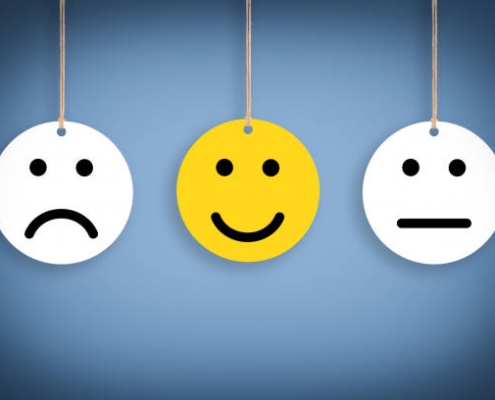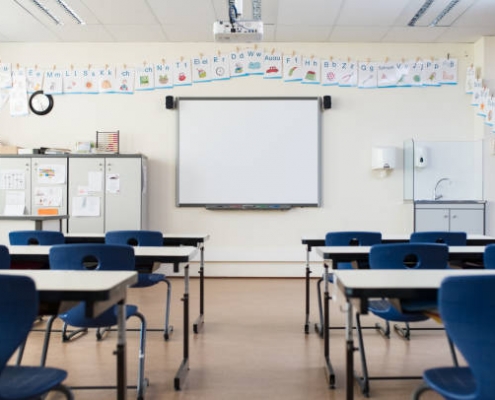Dr Jo Mitchell explains how her A Level Psychology is still being used today
One of the earliest selection of psychological experiments I was introduced to at Oldham 6th Form College, (and later at the University of Cardiff) were around the origins of prejudice and discrimination. The central question being, does prejudice derive from personality types, or social influences? What I learned then, was that the separation or categorisation of individuals into ‘perceived’ groups can itself produce discrimination and prejudice (Tajfel et al 1971). Tajfel looked at the minimal group conditions for developing favouritism or discrimination. And whilst competition for resource can produce hostility and heighten inter-group bias (Sheriff 1966), Tajfel demonstrated that the mere existence of ‘another’ group can lead to discrimination. Quite naturally, and without conscious bias, people divide the world into categories because it makes things simpler. We do it daily in our families, our football teams and more broadly through social class. Groups give us a sense of identity and belonging. Social identity is a person’s sense of who they are based upon their group membership (Tajfel 1979). However, in order to increase our self-image we can often over-inflate the status of the groups with which we belong. We sometimes do this by discriminating against those who don’t belong e.g. the ‘out group’, thereby improving our own self esteem or sense of self.
So, let’s look at this in context of a story in the news today, where school bosses are criticised for a scheme which separates ‘rich from poor’..
Whilst well-meaning parents or teachers may have constructed the idea that only children who have ‘paid’ for extra resources can play with them at play time, it has all the ingredients for developing social bias and prejudice. Children will observe the separation of those who are ‘allowed’ to play and those who aren’t, thus forming two distinct groups. Hostility may be formed through the sense of unfairness or through the competition for the ‘new’ resources. How the two groups perceive themselves as a result will be interesting, but the categorisation has already been made for them, parents who have paid, and parents who have not. Whether we like it or not, this is likely to result in a ‘rich vs poor’ dichotomy, and may go some way to explaining how children may behave towards each other subsequently.
Dr Jo Mitchell talks to Oldham 6th Form College about her journey from A Level Psychology to becoming Managing Director of her own Company, Orange Psychology.
Blog Content






